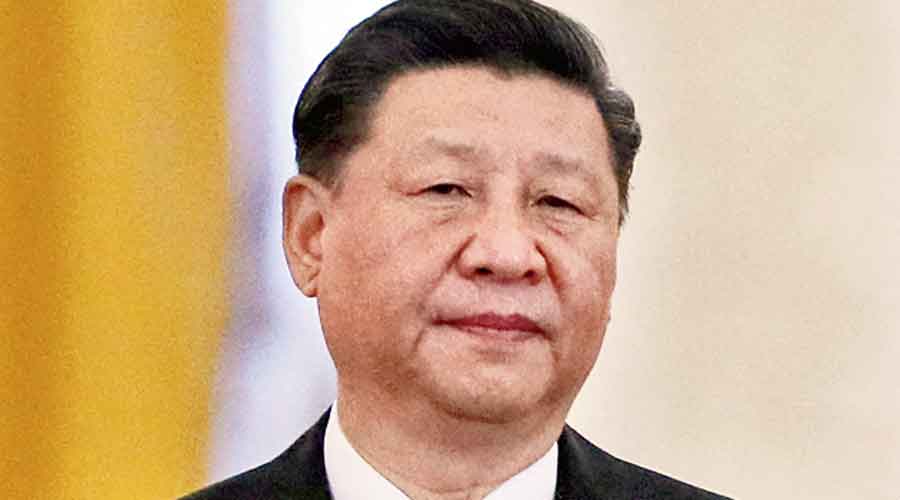Record-high temperatures and a severe drought in west-central China have crippled hydropower generation and prompted the shutdown of many factories there, in the latest blow to a Chinese economy that already has stagnant consumer spending and a deeply troubled real estate market. Sichuan province in west-central China, one of China’s most populous and fast-growing industrial bases in recent years, normally generates more than three-quarters of its electricity from huge dams.
The summer rainy season usually brings so much water that Sichuan sends much of its hydropower to cities and provinces as far away as Shanghai. But an almost complete failure of summer rains this year, coupled with day-time highs that have regularly approached or exceeded 38° Celsius, has left rivers and reservoirs with fractions of their former water.
The large province’s many dams cannot generate enough electricity even for Sichuan’s own needs, forcing factories there to close for up to a week at a time. As troubles accumulate in the Chinese economy, the country’s central bank announced on Monday that it was cutting its five-year interest rate by 0.15 percentage points, to 4.3 per cent, in a move that might bring a little relief to the country’s huge construction and real estate sector.
The five-year rate strongly influences the interest rate on many mortgages. The central bank also said that it was reducing a one-year interest rate by 0.05 percentage points, to 3.65 per cent. Power shortages in Sichuan have not only forced the shutdown of factories there but also triggered rolling blackouts in some commercial and residential districts.
Because the province’s three main rivers feed the Yangtze River, hydropower cutbacks have also started to affect downstream areas along the Yangtze, like the city of Chongqing and adjacent Hubei province. Many companies, notably in the automotive and electronics sectors, have moved production from coastal provinces to Sichuan in recent years, drawn by the province’s lower wages. These companies now face potential interruptions to their supply chains.
The municipal government of Shanghai, near the mouth of the Yangtze river, sent an official request to Sichuan last week asking that the inland province prioritize electricity deliveries to auto parts manufacturers there so that carmakers in Shanghai would not run out of key components. Shanghai announced that starting Monday evening, it would conserve electricity by temporarily turning off many of the glittering lights along the historic Bund and nearby areas.
David Fishman, senior manager in Shanghai for the Lantau Group, a Hong Kongbased energy and power consulting firm, said that the power shortages in central China were not yet as serious as those that happened last September.
(New York Times News Service)










